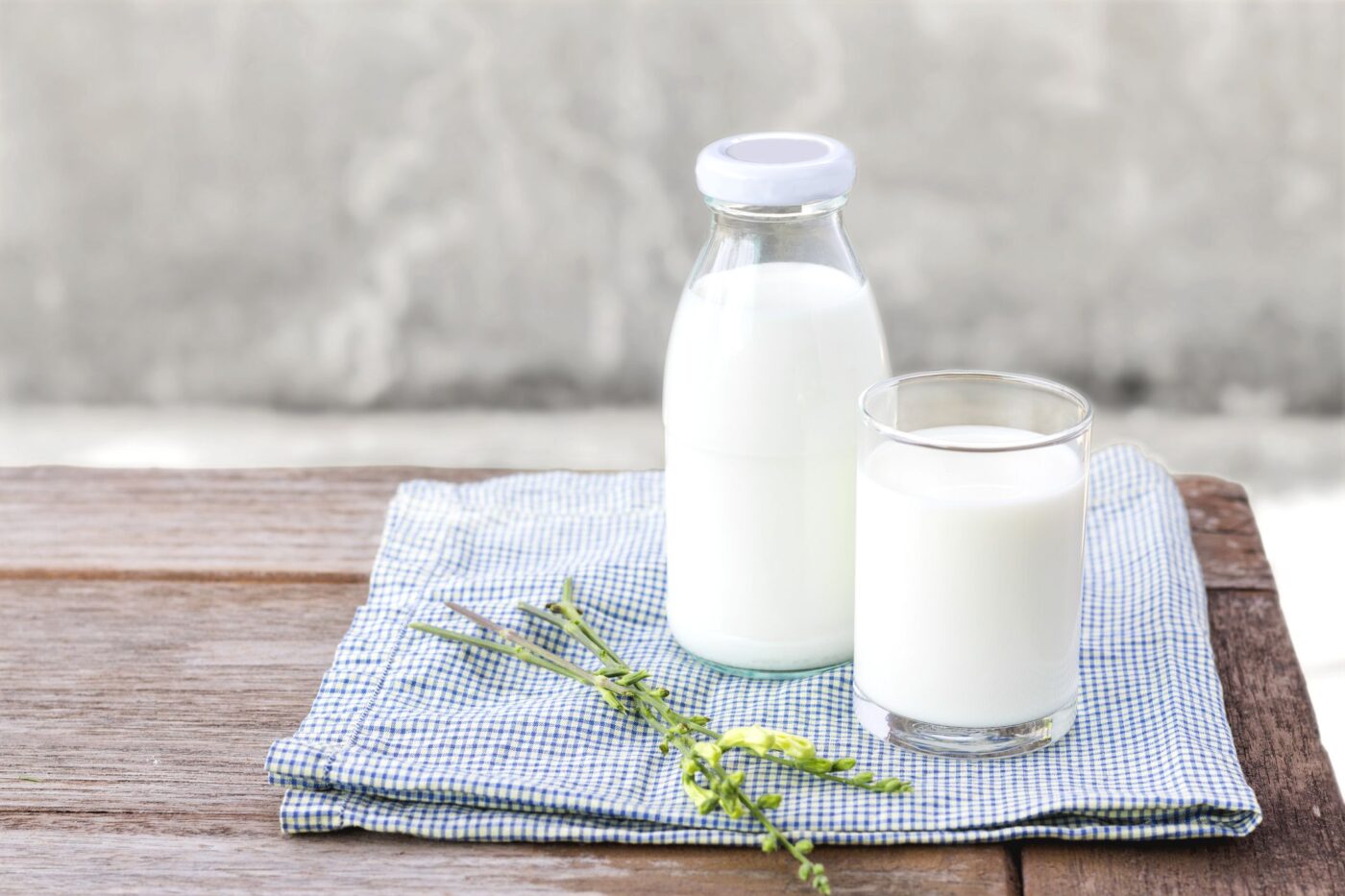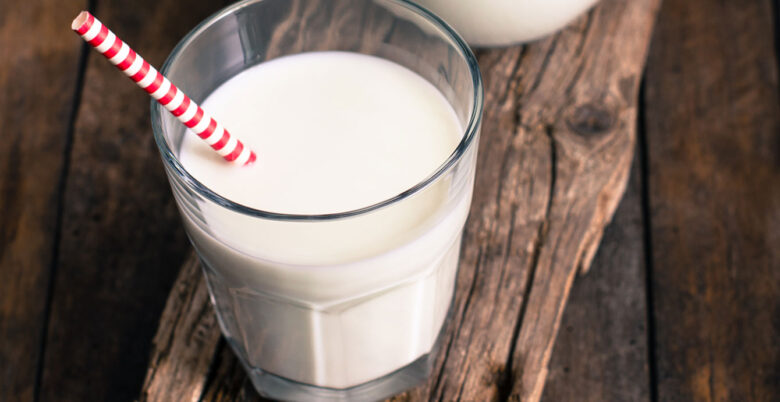According to the Center for Disease Control and Preventions (CDC’s) national Maternal Practices in Infant Nutrition and Care (MPINC) survey into maternity care practices that affects how babies are fed in 2017, the percentage of breastfed infants supplemented with infant formula before 2 days of age was 19.2%. This is an increase of 2.3% from the previous year’s 16.9%.
The above data shows the exponentially increasing demand for baby formula around the globe with time.
There are a number of reasons why most people justifiably use baby formula. This could be because of their tight work schedules, the excruciating pains they go through when breastfeeding, their inability to breastfeed due to the possibility of passing on a type of illness to the child, being on medication that could possibly be passed through breastmilk, and harm the baby, the baby being lactose intolerant among others. Due to the numerous types of baby formula on the market today, it is very important to know the constituents and benefits of a type of baby formula before feeding it to your child.
Cow milk and goat milk formulas are undebatable the two most common formula types on the market. They are both produced under strict regulations and are very safe for consumption.
How at all is goat milk different from cow milk formula?
You may be used to cow milk, either by experience or seeing an ad on tv. But goat milk? ― maybe not. You may be wondering what makes them different aside from the type of milk they are made from, and why even go for goat milk if there’s cow milk.
Hop on as we delve into goat milk better and how different it is from cow milk.
1. Taste and Color

There is quite a notable difference in color and taste.
Goat milk formula has a pure white color. This is because it is naturally homogenized, unlike cow milk. Fresh cow milk forms a colloid, that is, the fat separates from the liquid when it stands. It has to go through the artificial process of homogenization in order to stay consistent. Cow milk loses its pure white color through homogenization and takes on an off-white color.
Goat milk formula has a stronger flavor compared to cow milk formula. Goats naturally have a stronger grassy, earthy flavor than other cattle types. This flavor is passed down to the milk, hence its presence in goat milk formula.
If you are switching from cow milk to goat milk formula, you may notice a slight change in your baby’s feeding as he tries to adjust to the new taste.
2. Nutrition

Nutritionally, there is not that much of a difference between goat milk and cow milk formula.
According to the United States Department of Agriculture (USDA), one cup serving of Goat milk formula contains 170 calories, 9 grams of protein, 10 grams of fat, 11 grams of carbohydrates, 11 grams of sugar, and 25 milligrams of cholesterol.
Cow milk contains 160 calories, 8 grams of proteins, 9 grams of fat, 11 grams of carbohydrates, 11 grams of sugar, and 30 milligrams of cholesterol. From the study, both goat milk and cow milk are very similar.
It can be noted however, that goat milk formula has a slight increase in the number of fats, proteins, and calories. This is very great for underweight or slightly premature babies to boost their growth.
Cow milk, on the other hand, having fewer calories and fat, is a great fit for an overweight or obese baby.
3. Allergies

Milk allergy is basically when the body’s immune system thinks that the milk taken in is a foreign material thereby sending in antibodies to attack it. This is very different from Lactose intolerance which is when a person cannot digest the sugar found in milk (Lactose).
Milk allergy usually results in swelling, wheezing, vomiting, diarrhea, or rash on the face of the baby. The culprit of this immune reaction is A1 beta-casein, which is found in cow milk.
Goat milk is less likely to cause this allergic reaction because it contains A2 beta-casein, which is a milder and more digestible form of protein.
Furthermore, goat milk forms smaller and loose curds in the gut. This reduces the body’s immune response toward the milk and in turn reduces the intensity of allergic reactions, as compared to cow milk.
Cow milk allergies affect up to 3% of infants in developed countries. Goat milk, sheep milk, or soy milk formulas can be used as a substitute for babies with cow milk allergy
4. Digestion

Prebiotics are specific compounds in food that induce the growth and activity of good bacteria and microflora in the digestive tract. Research has proven that goat milk formula has 6 times the number of prebiotic oligosaccharides than that of cow milk formula.
This implies that goat milk digests significantly faster than cow milk.
If your little one is having problems with digestion or he isn’t having as many wet diapers as he should, you should probably conder switching to goat milk formula.
But remember that faster digestion means more feeding times! If your infant is digesting food at a faster rate than he should then he would be getting hungrier and feeding more than he is supposed to. This could lead to overfeeding, grazing, and even excessive weight gain.
Conclusion
With all these considerations, despite being very similar, there is quite some notable difference between the two.
Your choice on which formula type to go for will solely depend on the health of the child (presence of milk, the weight of the child, etc.), the nutrition you are looking for (low fat, high protein, low calories, etc.), and the age of your child.
Most importantly, it is better you discuss the type of formula for your child with your pediatrician first on which types of formula your infant can or cannot take.
Baby milk is very essential for the growth of your child because it contains most of the essential nutrients such as calcium, phosphorus, vitamins B and D, potassium, etc. Every parent should be extra careful when choosing the type of baby formula for their baby or toddler as it is the most essential stage of the infant’s life. Organics Best offers a large number of different organic infant formulas.
